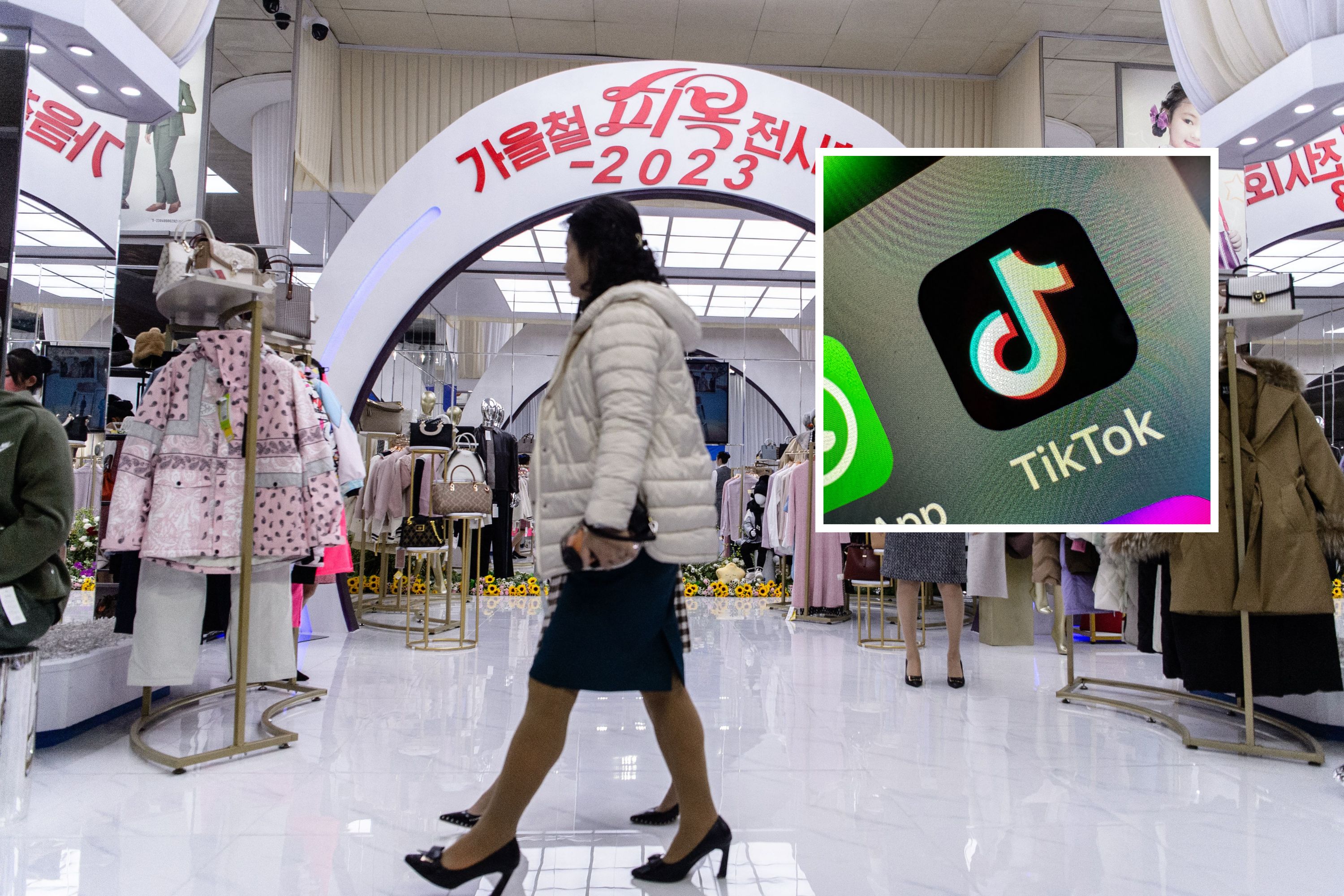A report by the Network Contagion Research Institute (NCRI) at Rutgers University says topics important to the Chinese government are given added or less weight depending on them being favorable.
In its conclusion in the report released this month, the NCRI said: “Whether content is promoted or muted on TikTok appears to depend on whether it is aligned or opposed to the interests of the Chinese Government.”



Fine, but I don’t think that there is any claim that they are deleting or editing posts. That is not the only way (or even the best way) to manipulate messaging on a social media platform.
Although that might also be happening through stricter moderation of posts dealing with certain topics, it’s more likely that they are using the algorithm to make sure that fewer people see posts about certain topics that are sensitive or critical of Chinese government interests.
Although the methodology is imperfect, I haven’t heard any critique that really accounts for their findings. Neutral topics like pop culture and US politics show up with similar frequency* on TikTok and Instagram, while topics that are negative for China appear dozens or hundreds of times less frequently. You claim that people posting about Uyghurs are just not using tiktok as much as Instagram. Why would they prefer Instagram so strongly? Why are neutral political topics posted with near pairity? Why are people who care about Kashmir (a topic beneficial to China) posting an order of magnitude more on TikTok than on Instagram?
I’ve heard other critiques suggest that it has to do with the age of the platform. The claim is that Instagram is an older platform and so would have higher occurrence of older topics like Tiananmen Square. That theory fails to explain why there’s also a huge difference on recent topics like Ukraine, Hong Kong, or Israel/Palestine.
I’ve heard other critiques claim that there is a difference in the age range of the user base. Although they are pretty similar, TikTok does skew younger and there’s not a good control for that in the study. Again, however, why would there be such a huge difference on the topics in the study? Who are these people who have drastically different views Hong Kong or Tibet but share the same beliefs about BLM and Trump?
It doesn’t make sense.
The simplest explanation that accounts for these findings is that information on TikTok is being manipulated based on the interests of the Chinese government.
*compared with the given size of the user base